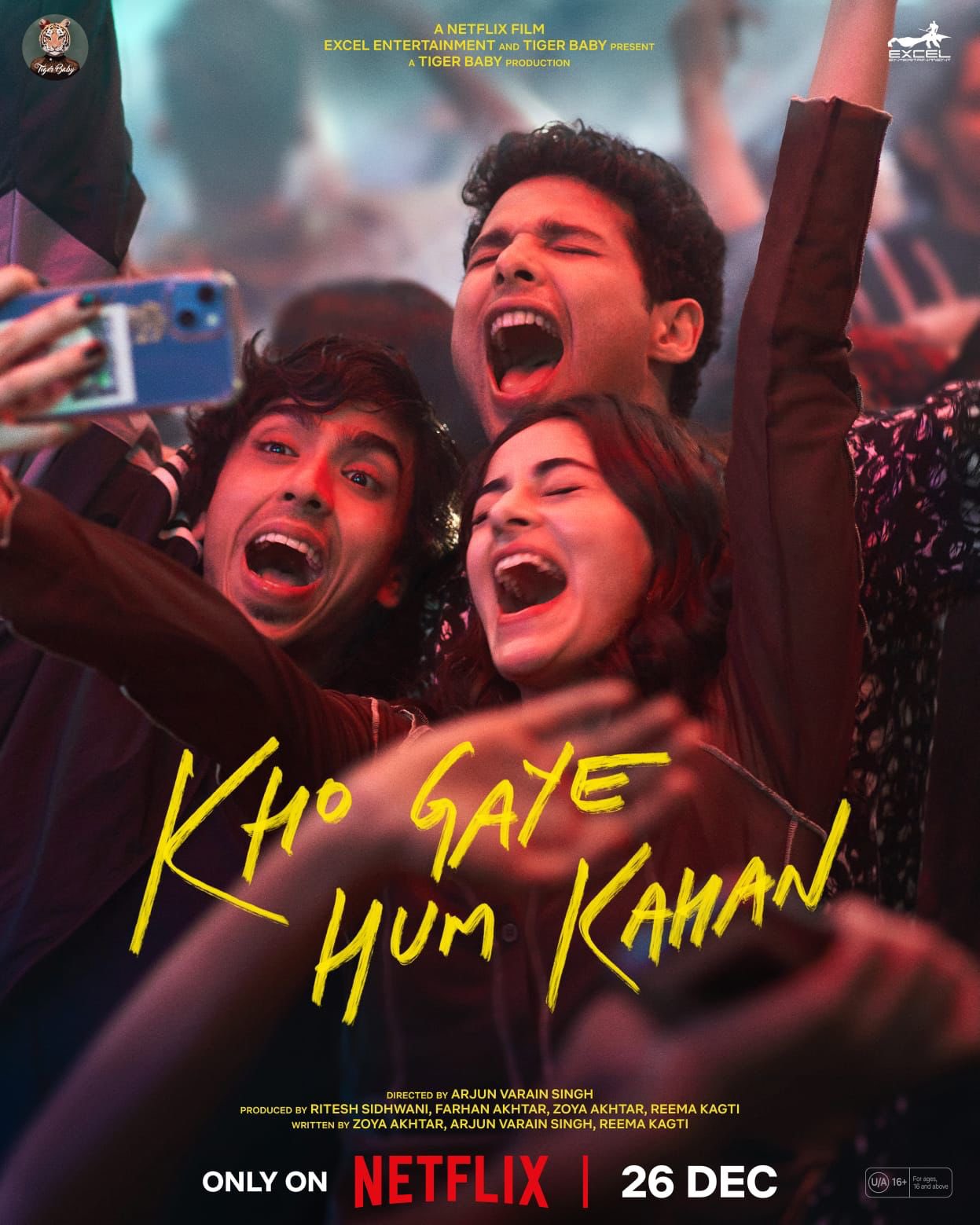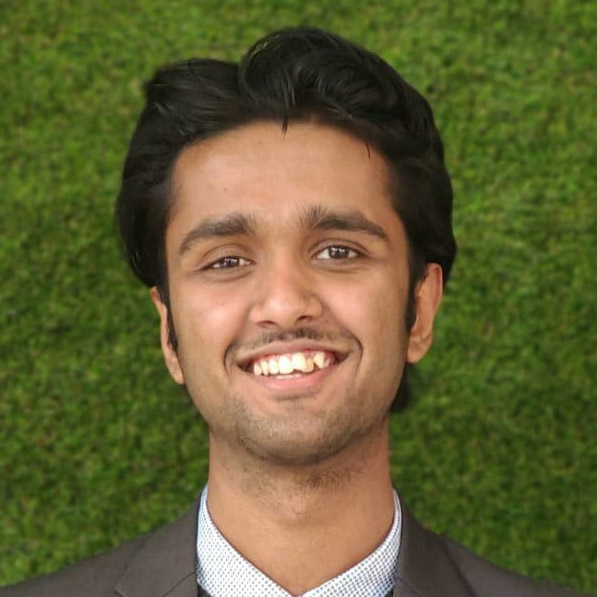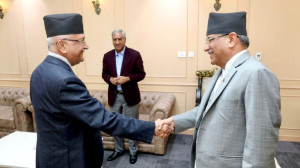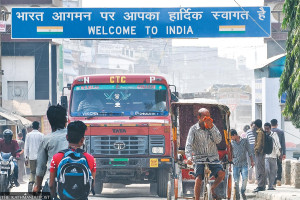 16.12°C Kathmandu
16.12°C KathmanduMovies
Behind the facade of a perfect life
Three friends navigate relationships and distractions of social media in ‘Kho Gaye Hum Kahan’, getting the viewers to contemplate their own screen time.
Anish Ghimire
As 2023 was coming to a close and we all began reflecting on the year, ‘Kho Gaye Hum Kahan’ was released. Directed by Arjun Varain Singh and written by Zoya Akhtar and Reema Kagti, the film unfolds the lives of three friends navigating relationships and the distractions of social media, prompting viewers to ponder their own screen time. Ultimately, the movie leaves us with some practical New Year resolutions to consider.
In contrast to the soothing song of the same name from the 2016 movie ‘Baar Baar Dekho’, which depicts lovers lost in a dreamland where only their shared love exists, the new movie interprets the words ‘Kho Gaye Hum Kahan’ very differently. It explores the idea of people, especially the youth, getting lost behind a screen, wearing themselves down by tying their moods and feelings to what appears on it. Here, the screen refers to social media.
Relationships can be tricky, especially for young individuals who are still figuring themselves out. Navigating through these complexities can be challenging. In the lives of Imad, Ahana and Neil—played by Siddhant Chaturvedi, Ananya Panday and Adarsh Gourav, respectively—we see that while dealing with personal struggles, fragile relationships and societal pressure to project a perfect life on social media, things can quickly go awry.
Ahana finds herself in a challenging situation when her long-term boyfriend suddenly ends their relationship without explanation. After going through his Instagram, she suspects he may be dating someone else. Disturbed by this, she spends hours scrutinising their photos and trying to reach out to him. She also looks through her own pictures with him. His comments like “How did I get so lucky?” and “I love you the most” create a facade of a flawless relationship for outsiders. However, the reality is that their connection was hanging by a delicate thread.
Unable to move on, Ahana dresses up and posts pictures in an attempt to capture his attention. She even goes on a date with a stranger, taking pictures to make her ex-partner jealous. In between, she keeps checking her phone for a notification, for a text, from him, and that leaves her distracted from work. Her attention is all over the place, and stalking till late-night doesn’t do her any good. In a subsequent confrontation, Ahana admits to him that she can’t resist looking at his “perfect life” on social media, even though it causes her pain.
Many of us can relate to this. When we scroll through social media, we often find ourselves comparing our lives to others. It may bother us, and deep down, we know it’s not healthy, but we can’t seem to break the habit. FOMO (fear of missing out) and other excuses come in, and we go back to scrolling mindlessly. Like many, I have a love-hate relationship with social media. Sometimes, I feel the need to post something, while at other times, I recall a quote from philosopher Seneca: “Until we have begun to go without them, we fail to realise how unnecessary many things are.”
Imad and Neil are facing challenges of their own. Imad, a stand-up comedian, is instructed by his boss to create content “that will sell” on social media. To Neil’s surprise, Imad humorously criticises his relationship with popular influencer Lala (played by Anya Singh), branding it a fake and “paid partnership”. Neil is clearly upset by this as his relationship becomes the subject of ridicule on stage. This sparks a disagreement between them, straining their friendship, but the joke becomes a hit on social media.
Later, at his friend’s sangeet ceremony, Neil checks Instagram and feels a sinking sensation in his chest as he comes across intimate pictures of Lala with another man. It’s a painfully familiar feeling. How often have we been lost in shock while seeing something hurtful on social media? We keep staring, hoping it’s not true, but reality sets in. Neil looks around, witnessing his friends dancing, yet his world feels unsettled. He retreats to a corner, eyes fixed on his phone, disconnecting from the social gathering until the discomfort becomes too much, prompting him to leave.
Earlier, during a family dinner, Neil sees people dining in fancy restaurants worldwide on social media. He glances at his own kitchen with a mix of disgust and disappointment. Being glued to his phone prevents him from engaging in a “real” conversation with family and friends. When the three of them hang out, they are on their phones until someone initiates a conversation. It’s a common sight nowadays—groups gathered to socialise, yet time is wasted on Wi-Fi passwords, clicking pictures, uploading stories and watching reels, activities that could be done in solitude too.
Meanwhile, Imad has intimacy issues and is constantly on Tinder, having flings and not committing to one person. He is quick to give advice to Ahana and Neil about their lives and he visits a therapist to heal a childhood trauma. Juggling encounters with multiple women, Imad portrays a “perfect life” externally, but beneath the surface, he carries a wound that requires healing.
It is clear that the director and writers want to encourage viewers towards embracing a “real” life over a “reel” life. Towards the end, the actors, who delivered commendable performances, encourage us to set practical resolutions for 2024. I must say, the film’s storyline is highly relatable, the songs are catchy, and the overall editing and atmosphere of the film are seamlessly engaging.
The “reel” life of today has been properly illustrated, going inside the psychology of young people and showing perfectly how we pretend to have it all together, whereas, behind the screen, we are imperfect souls trying to know ourselves better.
Kho Gaye Hum Kahan

Director: Arjun Varain Singh
Cast: Siddhant Chaturvedi, Ananya Panday, Adarsh Gourav
Language: Hindi
Duration: 2 hours 14 minutes
Available on: Netflix

















